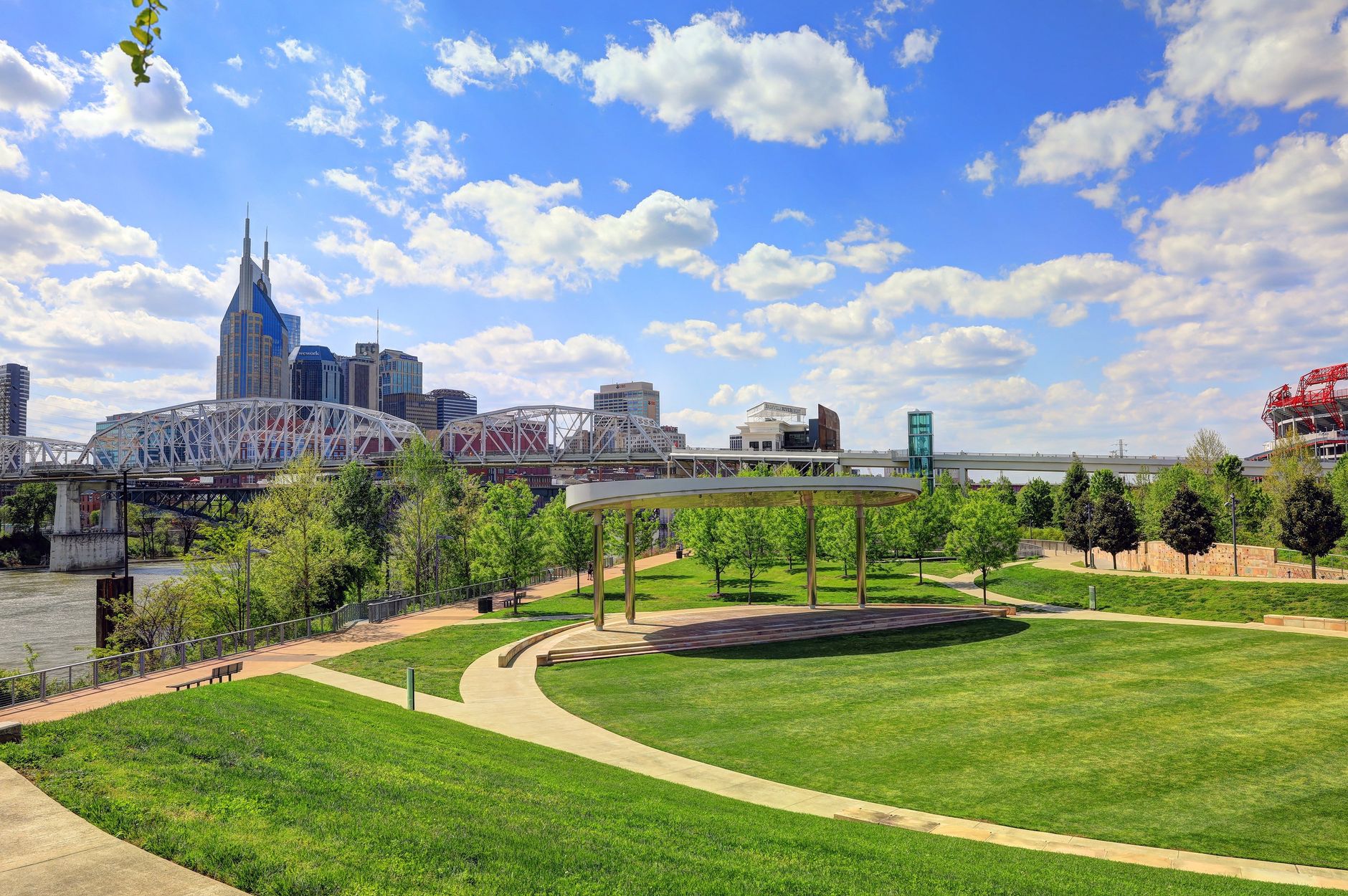Investment Property for Sale
Best States to Invest in 2025

Newly Added Investment Properties for Sale
$1,099,000

921 Lighthouse Lagoon Court, Panama City Beach , FL 32407
Panama City Beach
Single Family Residential
4 beds |
3 baths |
3,241 sq.ft
CAP RATE
Airbnb:
0.66%
Trad:
1.12%


















